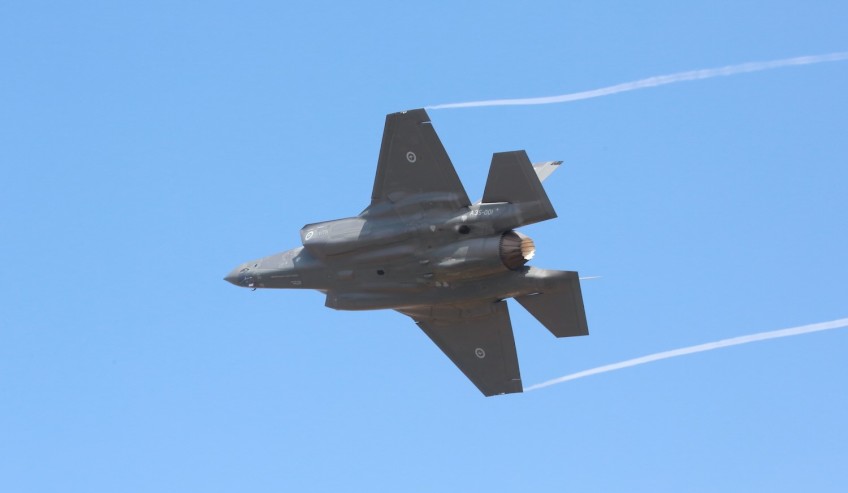New South Wales will doggedly pursue export opportunities and developing SMEs and skills for the future under its NSW Defence and Industry Stategy, the NSW Legislative Council’s standing committee on state development has heard.
NSW defence advocate John Harvey discussed the state government's Strong, Smart and Connected strategy, which was released in February this year, highlighting the areas of opportunity for NSW.
While the industry awaits the release of the federal government's Defence Export Strategy, Harvey said this is one of the state's obvious areas of focus, as Australia looks to improve its world ranking for defence exports, where it currently sits in 20th position.
"With the general Commonwealth government push to enhance exports, that is one focus area," Harvey explained. "That does not affect the relative division within the states, that is all basic bonus work. We push as hard as we can, work [with] all those states to maximise the export that we can."
Harvey also called for a strong focus on revitalising the Defence Force bases within the state to ensure better opportunities for NSW to secure sustainment work of large defence procurements, such as the Future Submarine Project.
"Then looking at the Australian defence budget. As we said, we have got a large number of bases here," said Harvey.
"Our keen focus is to make sure that those bases, everyone realises they are welcome, support the ongoing activity with those.
"Then we can start looking at individual projects, projects such as a Future Submarine, the largest project ever for the Australian military area. It is acknowledged that will not be built here in New South Wales, but we will look for the major elements of that.
"We need to think of the export stuff ... within the Defence Force there is the sustainment, then there are the project elements of that. A lot of other big projects out of the future; battle space management for Air Force. Again, it may not be based here but we will look at major elements contributing to that. Companies such as Rockwell Collins in North Sydney started doing work on HASF but are expanding the export of that. So, within the strategy we have identified a whole range of projects. We want to focus on the ones in the main where New South Wales' strength comes to bear to do as much as that. So we are focusing on doing more in Australia on what would otherwise go overseas, but [also] partnering with other states to get a good outcome overall."
NSW Department of Industry's executive director for industry development Duncan Challen also highlighted championing the state's SMEs as one of the department's key focus areas for defence.
"A big focus is on helping SMEs understand what the opportunities are," explained Challen.
"I think that there are a lot of them that do not realise that some of the activities and technologies that they have could be applicable within the defence industries space. That is one of the things that we need to help them with. We need to help them understand what the global supply chain programs are, and the channels into building deeper relationships with the big prime contractors as well. I think that we can help them understand the difference between how prime contractors work and what they look for from an SME."
And while the state's bid for the LAND 400 project was unsuccessful with both prime contenders, Challen said this project offers a good opportunity for NSW to help discover and develop the skills of the future that will contribute to major acquisition projects.
"We also need to focus on how we make sure that we have the people with the right skill sets for the jobs of the future," said Challen. "So we also need to be focusing on that aspect. A lot of it comes down to talent.
"We have to make sure that we are on the front foot, making sure that we have the skills for the future. We have been very active recently in trying to target some of those big Defence programs like LAND 400. We were engaged with BAE Systems Australia and Rheinmetall. We put a very comprehensive bid in place for that but unfortunately we were not successful.
"It was Queensland and Victoria that were shortlisted. But our discussions continue with BAE and Rheinmetall because we still want to put the smarts into those vehicles which will be produced either in Queensland or Victoria. So there is still a role that we will continue to play to make sure that our companies will be part of the bigger Defence programs. If we are not bending the steel here – we probably do not have the competitive strength in that – we want to put the smarts into that machinery."
NSW has the most defence bases in the country, with more than 80 located in the state.
It is estimated that 26,500 people are indirectly or directly employed by Defence in NSW.









